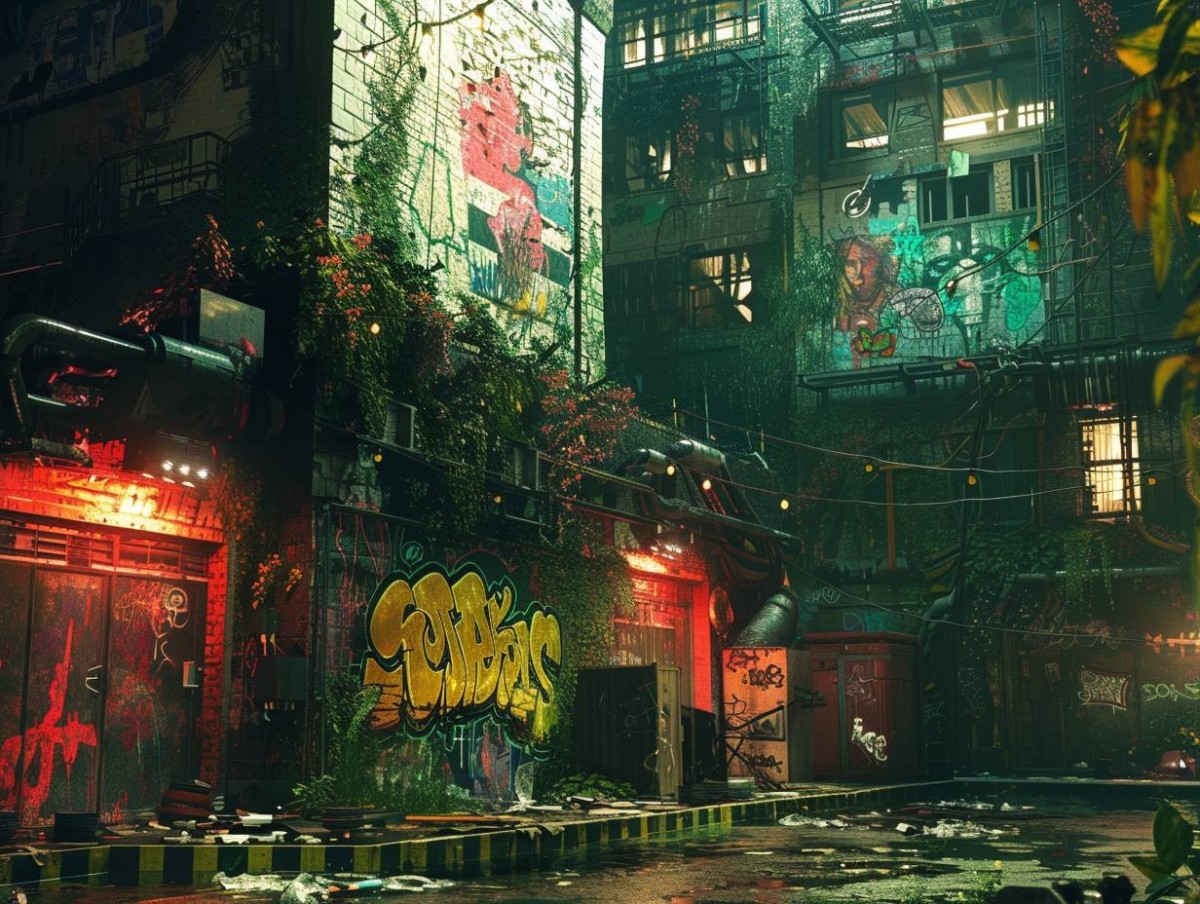Warner Bros. Discovery’s recent earnings call revealed troubling news for fans of the highly anticipated game, “Suicide Squad: Kill the Justice League.” Despite its promising premise and the pedigree of its developer, Rocksteady Studios, the game has failed to meet expectations since its release. As concerns loom over its future, comparisons to similar titles like Marvel’s Avengers highlight underlying issues affecting its performance.
Disappointing sales figures
During the earnings call, Warner Bros. Discovery’s CFO, Gunnar Wiedenfels, acknowledged the strong performance of “Hogwarts Legacy” but expressed disappointment over “Suicide Squad” sales, which have fallen short of expectations. The underperformance poses significant challenges for the company’s gaming division in the first quarter of 2024, especially considering the success of “Hogwarts Legacy” during the same period last year.
Divergence from fan expectations
Despite being set in the beloved Arkham universe and featuring notable voice talents like Kevin Conroy, “Suicide Squad: Kill the Justice League” has failed to captivate audiences as its predecessors did. The decision to shift from the single-player, narrative-driven formula of the Arkham series to an online, team-based game with live-service elements has alienated many fans. This departure from the franchise’s established formula mirrors the struggles faced by titles like Marvel’s Avengers, which failed to resonate with audiences due to similar design choices.
Steam player numbers reflect struggles
The game’s performance on Steam further underscores its challenges. Initial launch day concurrent player numbers peaked at just over 12,000, a stark contrast to the figures seen for Marvel’s Avengers. Despite a slight increase in numbers over the opening weekend, “Suicide Squad” has seen a rapid decline in player engagement, with current figures hovering around a mere 968 players. These dismal numbers raise concerns about the game’s long-term viability and its impact on Rocksteady Studios’ future.
Implications for Rocksteady Studios
The disappointing reception of “Suicide Squad: Kill the Justice League” raises questions about the future of Rocksteady Studios, the acclaimed developer behind the game. While it’s too early to predict the studio’s fate, parallels can be drawn to the commercial failure of Marvel’s Avengers, which contributed to the eventual sale of developer Crystal Dynamics. Fans are understandably worried about the potential repercussions for Rocksteady if “Suicide Squad” fails to reverse its downward trajectory.
Looking ahead
Despite its current struggles, there remains a glimmer of hope for “Suicide Squad: Kill the Justice League.” Rocksteady Studios has a track record of delivering quality experiences, and the game may undergo updates and improvements to address player feedback and enhance its appeal. However, the road ahead is undoubtedly challenging, requiring significant efforts to regain player trust and interest.
The disappointing sales figures and diminishing player numbers for “Suicide Squad: Kill the Justice League” signal a rocky start for the highly anticipated title. As concerns mount over its long-term viability and potential implications for Rocksteady Studios, the future of the game hangs in the balance. Whether it can overcome its initial setbacks and carve out a successful path remains to be seen, but for now, the challenges ahead loom large for both the game and its developer.





